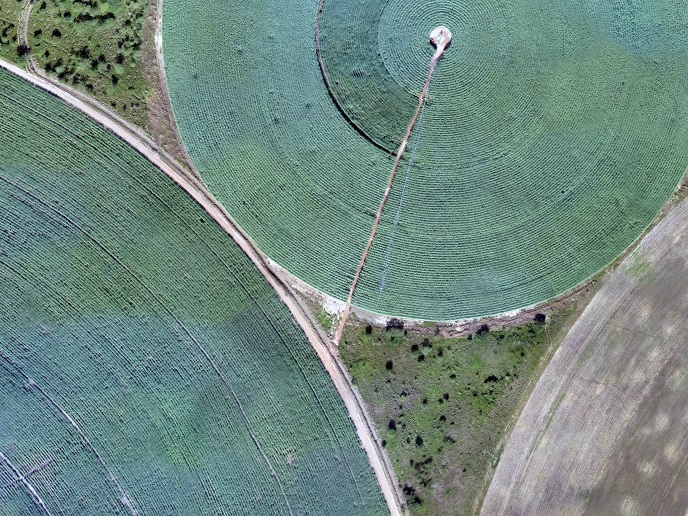Polar plankton reveals secrets of the carbon cycle
Carbon fixation enables CO2 gas from the earth's atmosphere to be converted into a solid compound by organisms known as autotrophs, which are able to produce their own food. The process is driven by photosynthesis, whereby CO2 is turned into sugars. However, chemoautotrophic microorganisms can fix CO2 without the use of light. Although this process is widespread in natural systems and plays an important role in the carbon cycle, the fixation of CO2 in the dark has not been widely studied. The EU-funded project 'Identity and biogeochemical role of chemoautotrophic prokaryotes in aquatic ecosystems' (Chemoarch) has investigated the process of dark CO2 fixation in aquatic systems by identifying chemoautotrophic microorganisms and studying their abundance and metabolic activity. Researchers have also examined the main factors that determine the distribution of the microorganisms in the environment. The Antarctica and Arctic have been visited by Chemoarch scientists studying microorganisms known as Crenarchaeota, which belong to a group called Archaea. Although Crenarchaeota are abundant in the polar regions their diversity and ecology is mainly unknown. Researchers have discovered that although most of the Crenarchaeota in Antarctic and Arctic waters are chemoautotrophs they fix less CO2 than expected. Scientists have found a wide range of Archaeans in different Antarctic water masses, indicating that environmental conditions influence their diversity. Project partners have also identified Arctic marine bacteria that are active in dark CO2 assimilation. Results have indicated that this could be an important process for the metabolism and survival of polar bacteria. The success of the Chemoarch project will help improve understanding of the biogeochemical role of Archaea in polar systems. Due to the great sensitivity of these environments to global climatic change, understanding mechanisms underlying the regions' biochemistry is a priority for scientists and policy-makers alike.







